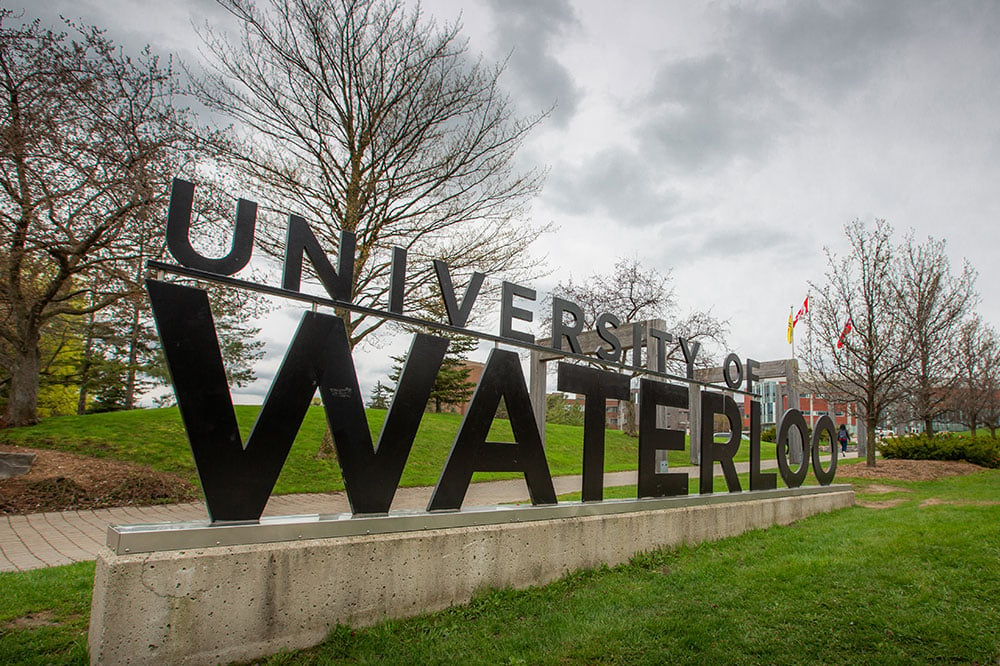Staff need to find work meaningful and feel deep connection to organization

Job enrichment may be an important tool for retaining seasonal frontline staff, according to a University of Waterloo study.
After surveying 124 seasonal student workers who had just completed a four-month-long summer job, work engagement or positive feelings about work in general, and a psychological attachment to the organization, both accounted for a strong desire for them to return to work, found David Drewery, a PhD candidate in the Waterloo, Ont. university's Department of Recreation and Leisure Studies and author of the Retaining contingent frontline staff through job enrichment: the case of seasonal student workers.
“Managers can use job enrichment to make work more engaging and to develop a bond between staff and the organization,” he says. “Job enrichment aims to design work conditions in ways that maximize meaning, responsibility and knowledge.”
Drewery also found that both work engagement and organizational commitment were higher when students perceived that their jobs were enriched.
“Commitment was particularly important, which means that simply making work ‘fun’ is not enough to retain staff. Staff need to find their work meaningful, and must feel a deep connection to the organization,” he says.
Retaining contingent staff is a key management issue because turnover is very expensive, says Drewery.
“These results show that managers need to set clear expectations, remind frontline staff of the positive impact they have on their clients, give staff the tools they need and then trust them to use them appropriately," he says. "These are the building blocks of job enrichment.”
These insights follow the results of a recent survey that found talent attraction is one of the top concerns for corporate leaders worldwide in 2020.




